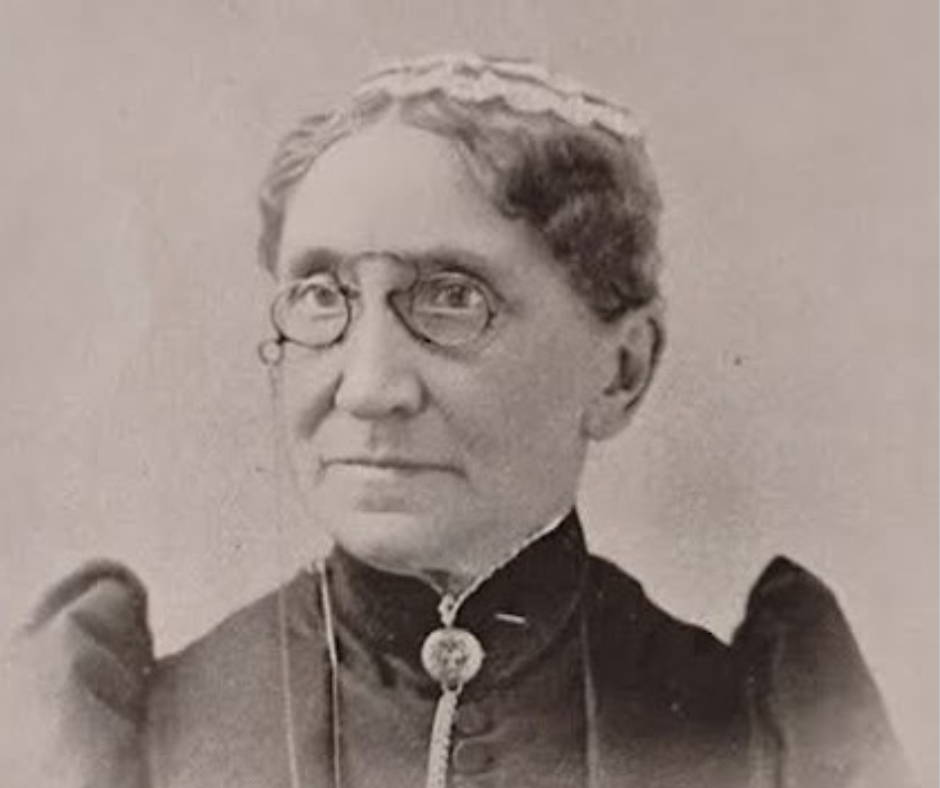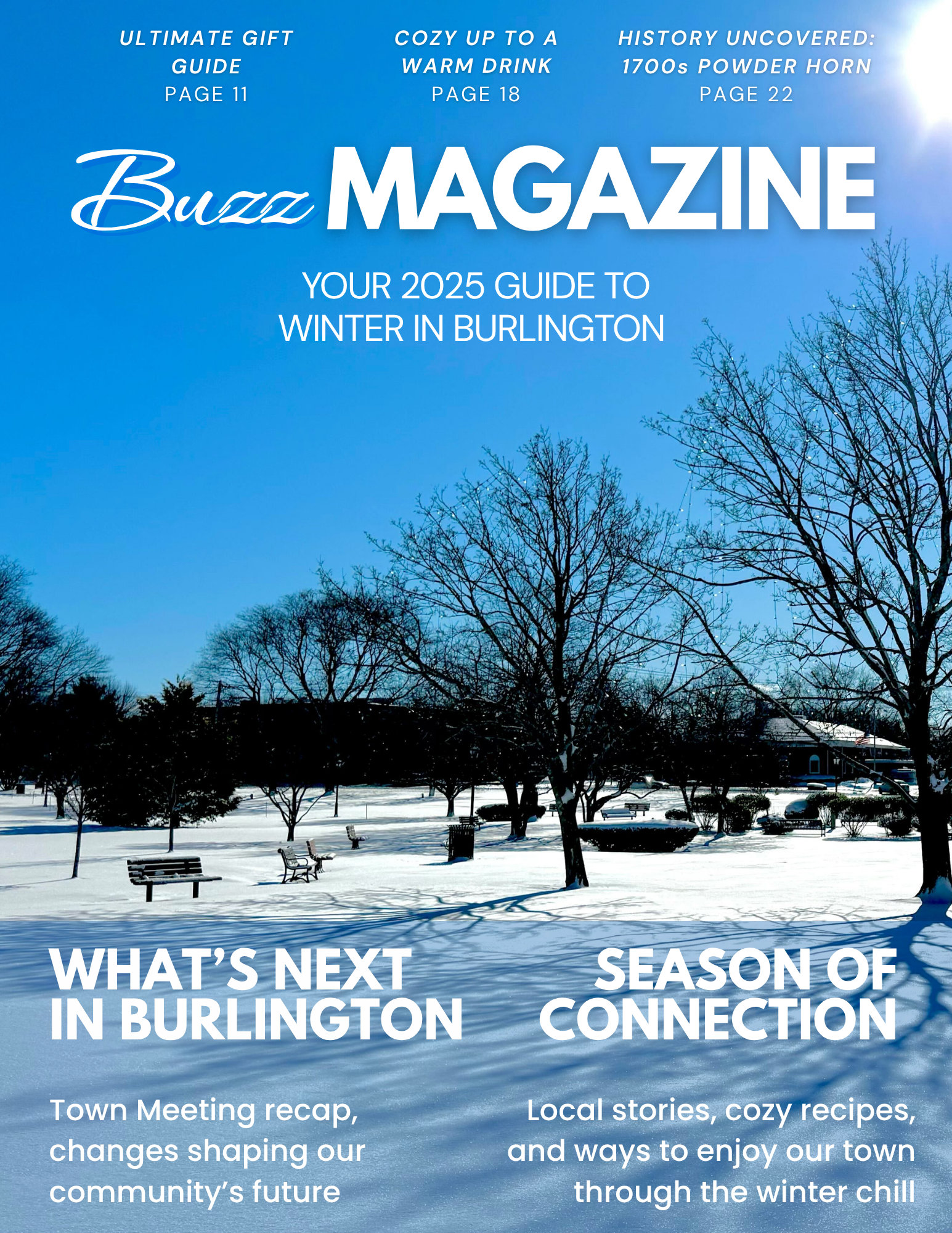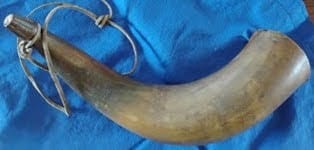When History Comes Full Circle
A rare historical trifecta helps place a recently-donated artifact in time

By Peter Coppola, Historical Commissioner
At the Burlington Historical Museum, we have just a few artifacts that predate the U.S. Civil War.
These items were donated over the years, often by residents who couldn’t provide a history, or provenance, for the artifact. It may or may not have originated in Burlington. If it originated in Burlington, we may or may not know the original owner.

This story was featured in our Winter Magazine
Read our magazine today for your guide to thriving this season in Burlington.
The story usually goes something like this: “My parents moved here before I was born, and my mother said it was her grandmother’s. That is all we know.”
So, while we have some truly amazing artifacts, the best we can do is speculate on when these items arrived in town and incorporate them into existing collections with similar items of that period.

That’s why we treasure the times when everything comes together and we’re able to paint a complete picture of an item’s history and original owner. Such was the case with an item donated to the Museum in the summer of 2025.
Jonathan Mackintire was born in Middleton, MA, in 1718.
In November 1768 he and his wife were dismissed from the Second Church of Reading and moved the family to Burlington, building their home at what is now identified as the Corcoran house on the corner of Bedford Street and Garrity Road.
A veteran of the French and Indian War of 1754-1759, Jonathan possessed a powder horn – a container used for holding gunpowder – that he carried during his service. While stationed in Maine, he had the horn engraved with his name and the inscription, “June 3, 1756, in camp at Half Moon.”
Mary A. Salter was born in Charlestown in 1824 to the Deacon F. P. Mackintyre, and his wife, Mary Tufts. In 1846, on the 25th of August, she married Dr. William Salter, then a young minister.
They traveled the country performing their ministry, finally settling with three of their children at the Congregational Church in Burlington, Iowa.
Mary died an accidental death in 1893 while on a carriage ride with her husband and was mourned throughout the Midwest. Many friends wrote letters of condolence that were included in a memorial booklet, and that booklet included a family genealogy identifying Mary as a descendent of Jonathan Mackintyre.
The McIntire (current spelling) family has been wonderful to the Museum over the years, donating many artifacts from their former dairy at Grandview Farm. This summer they donated an engraved powder horn to the town, along with Mary Salter’s memorial booklet.
Together these items form a rare historical trifecta: the artifact itself, a printed document that describes it, and a genealogy tying it directly to its original owner – everything needed to confirm a provenance!
For a museum that so often works with fragments of the past, this donation is nothing short of a historian’s dream.





